9 GPTs for Issue Diagnosis Powered by AI for Free of 2026
AI GPTs for Issue Diagnosis are advanced tools that leverage Generative Pre-trained Transformers to provide specialized solutions for identifying, analyzing, and resolving issues across various domains. These AI models are trained on vast datasets, enabling them to understand and process complex queries related to problem diagnosis. Their relevance lies in their ability to offer precise, context-aware insights and solutions, making them invaluable for tasks that require detailed analysis and problem-solving capabilities. By harnessing the power of GPTs, these tools are designed to streamline the process of diagnosing issues, offering tailored advice and support that can adapt to the specific needs of the task at hand.
Top 9 GPTs for Issue Diagnosis are: Plumb Master,gariGPT,Dude! What's Wrong With My Car?,ML Model Whisperer,Networking Assistant,Bicycle Repair Buddy,Wiser Expert,🔧 AutoCare Pro Assistant 🚗,IT Allgemein
Plumb Master
Revolutionizing Plumbing with AI

gariGPT
AI-Powered Car Care Assistant
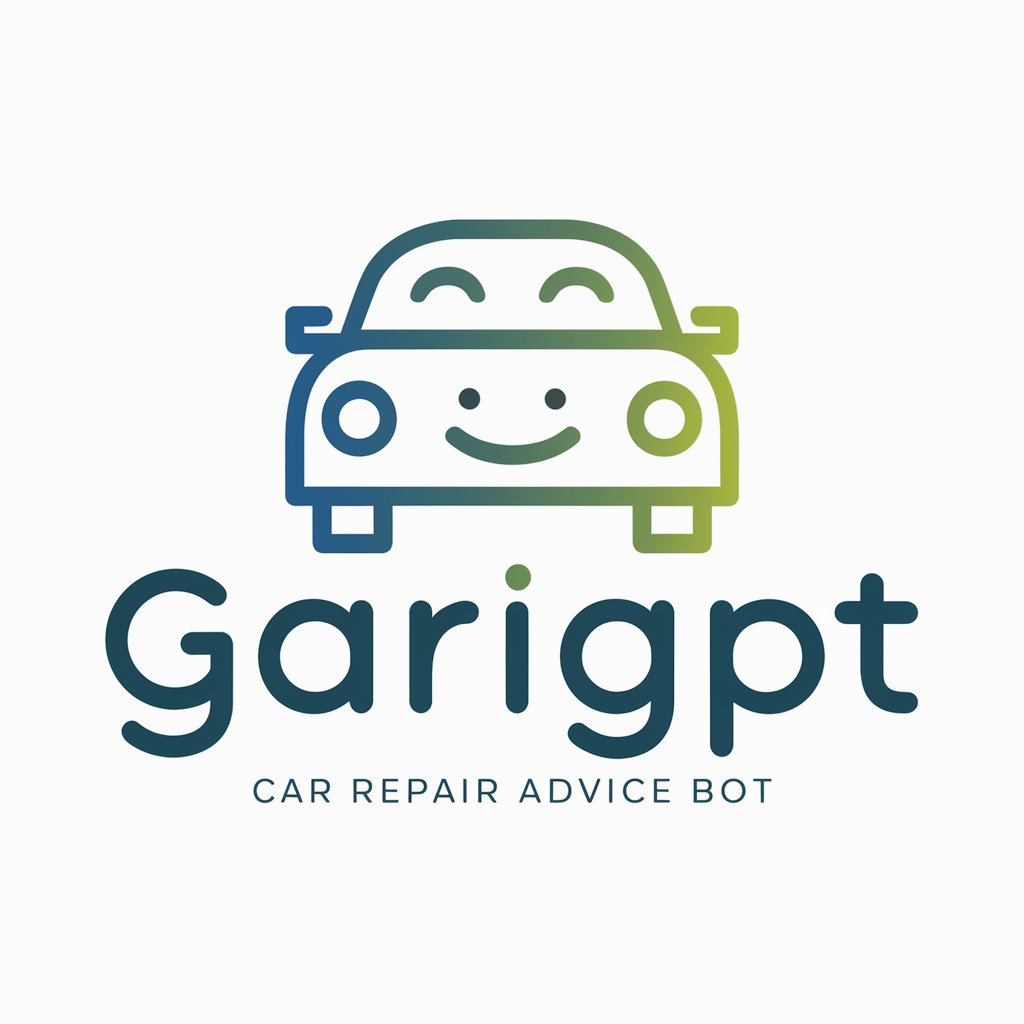
Dude! What's Wrong With My Car?
AI-Powered Car Diagnostic Assistant

ML Model Whisperer
Empowering AI with Expert Tuning
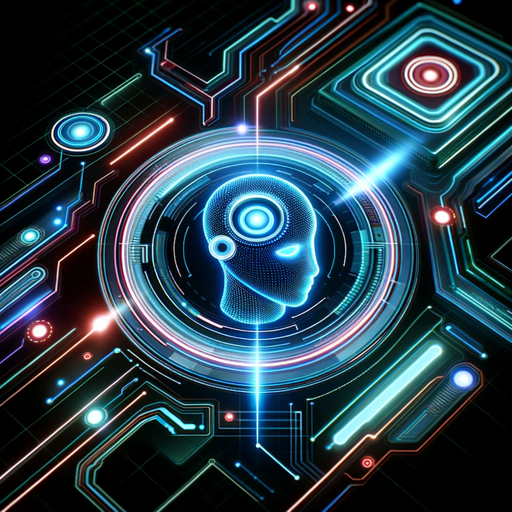
Networking Assistant
AI-Powered Network Switch Troubleshooting

Bicycle Repair Buddy
AI-powered bicycle repair assistant.

Wiser Expert
Instant, Tailored Software Support
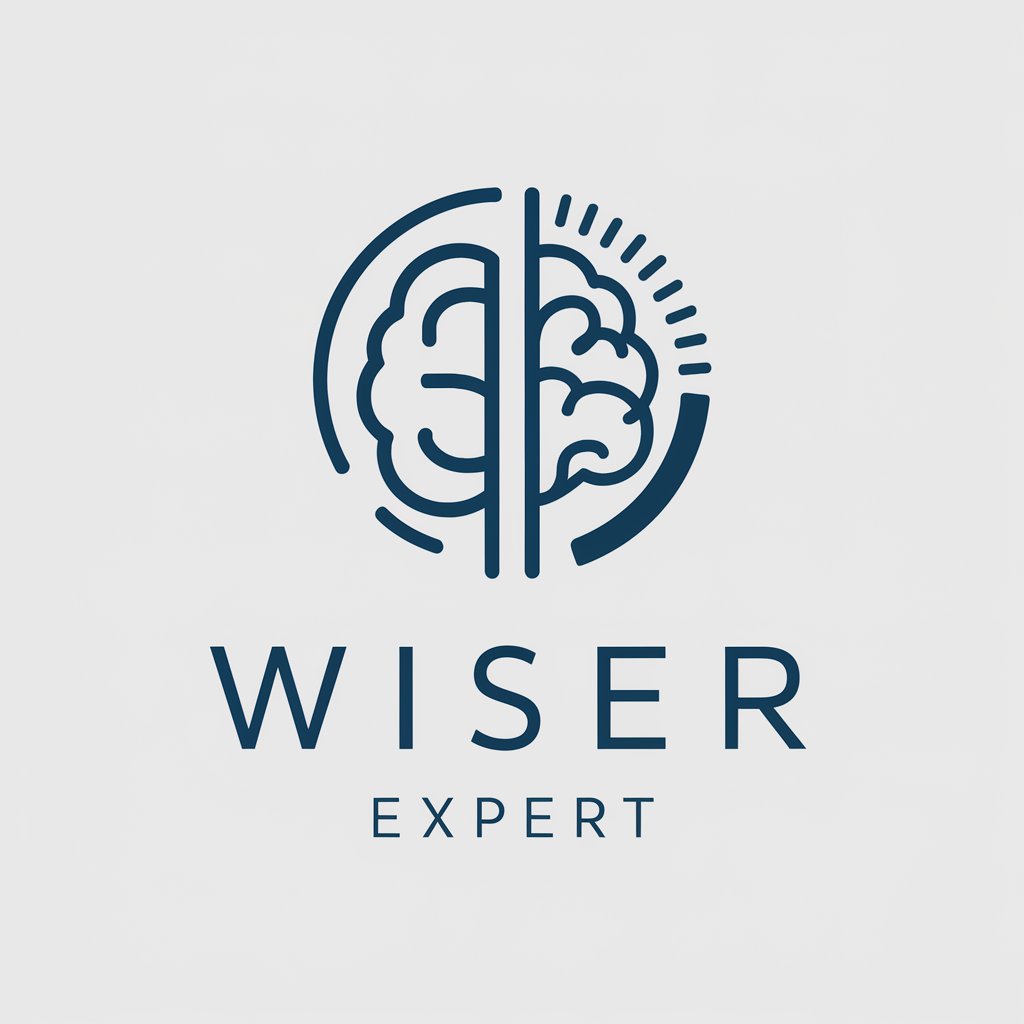
🔧 AutoCare Pro Assistant 🚗
Empowering car care with AI
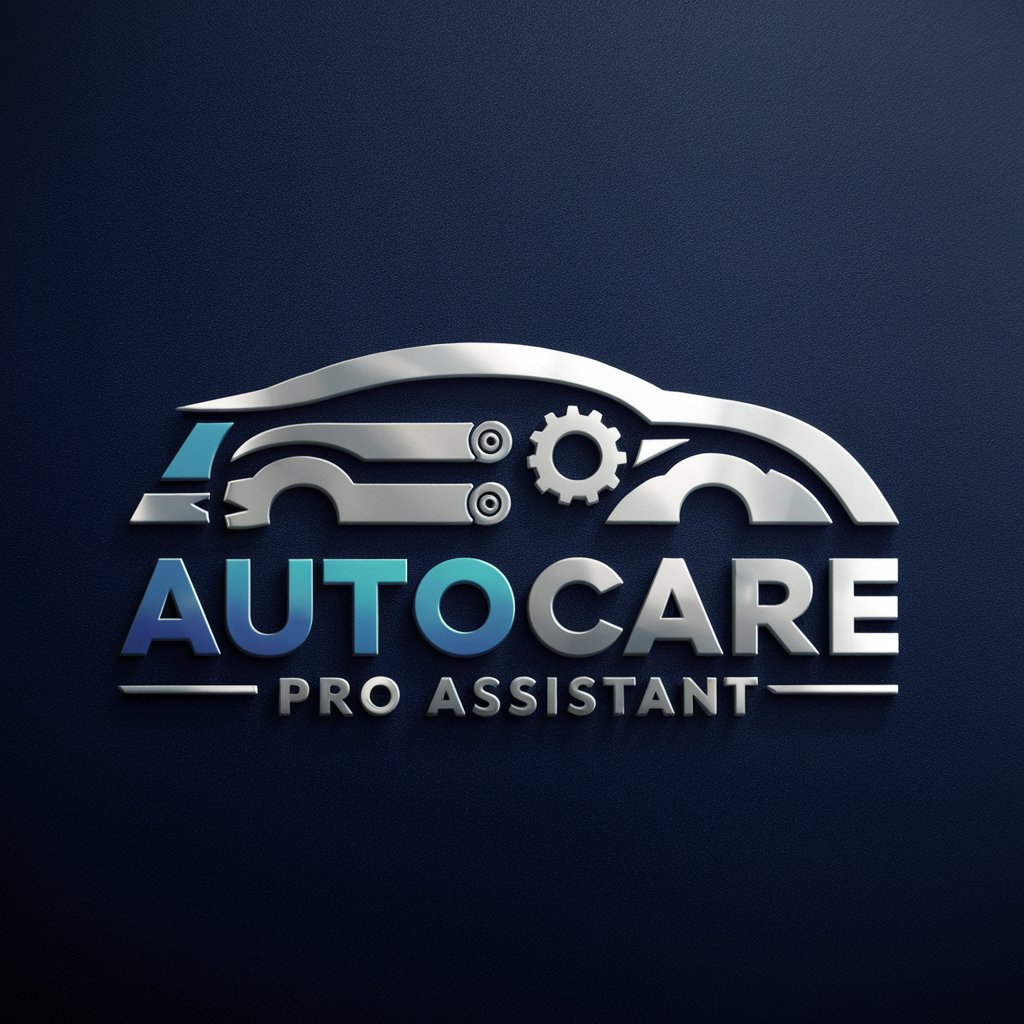
IT Allgemein
Empowering IT Solutions with AI
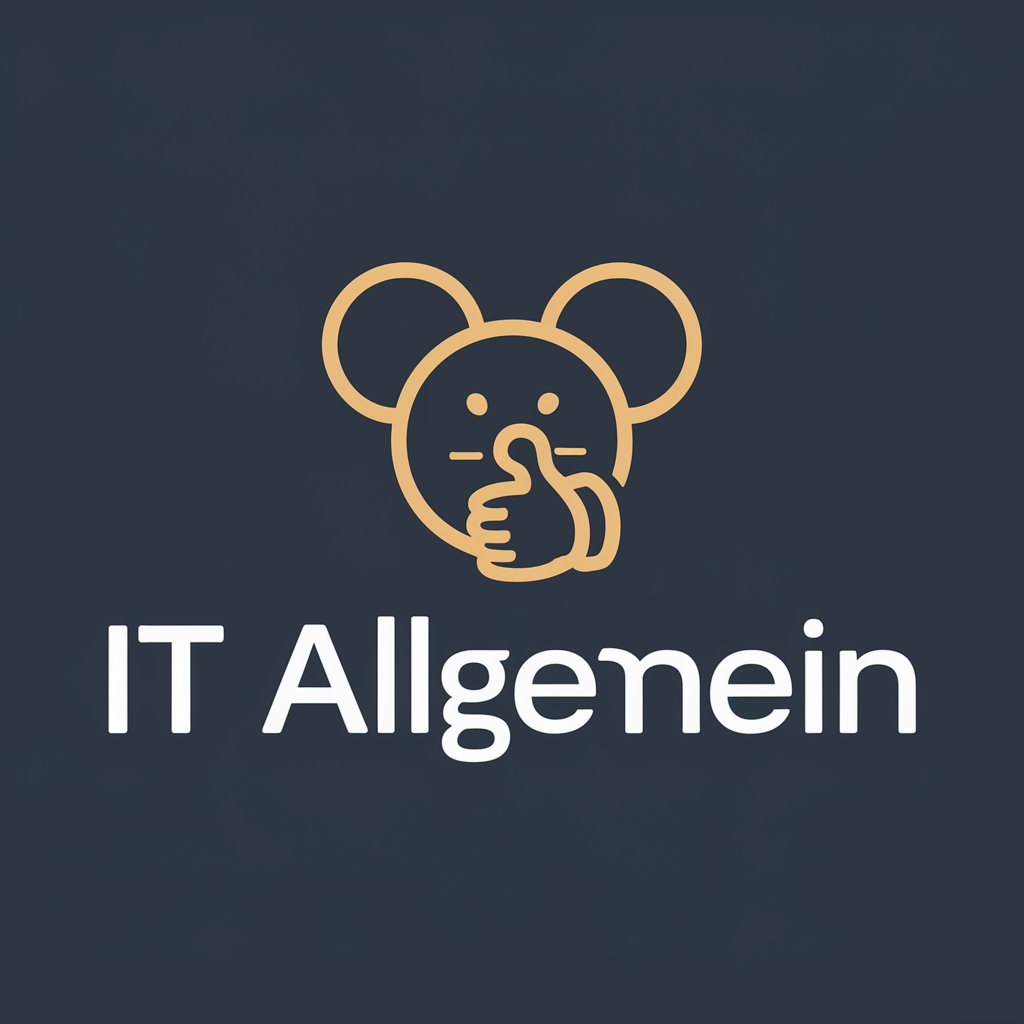
Key Attributes and Capabilities
AI GPTs for Issue Diagnosis exhibit unique characteristics and capabilities, setting them apart in the realm of AI diagnostics. These include advanced natural language processing for understanding complex queries, the ability to learn from interactions to improve accuracy over time, and the versatility to handle both general and specialized problem domains. Special features may encompass technical support, web searching capabilities for the latest insights, image analysis for visual diagnostics, and data analysis for evidence-based conclusions. Their adaptability allows for customization from simple Q&A formats to complex diagnostic systems, catering to a wide range of issue diagnosis needs.
Who Benefits from AI GPTs in Issue Diagnosis
The primary beneficiaries of AI GPTs for Issue Diagnosis include novices seeking straightforward solutions, developers looking for debug assistance, and professionals in technical, medical, or various other fields requiring detailed analysis. These tools are designed to be accessible to users without programming knowledge, while also offering advanced customization options for those with technical expertise. This dual approach ensures a wide range of users can find value, whether they seek basic guidance or in-depth problem-solving capabilities.
Try Our other AI GPTs tools for Free
Model-Specific Advice
Discover AI GPTs for Model-Specific Advice: tailored AI solutions enhancing decision-making and productivity in specialized domains, accessible to all user levels.
Cultural Fashion
Discover how AI GPTs revolutionize cultural fashion, offering tools for design inspiration, trend forecasting, and market analysis tailored to the unique nuances of global fashion traditions.
Happiness Boost
Discover how AI GPTs for Happiness Boost can elevate your mood and well-being through personalized, intelligent interactions. Enhance your happiness journey today!
Logical Analysis
Discover AI GPTs for Logical Analysis, transformative tools designed to automate decision-making and enhance problem-solving with precision and contextual relevance.
Argument Improvement
Enhance your argumentative skills with AI GPTs for Argument Improvement. These tools offer adaptable, user-friendly solutions for refining and perfecting arguments in various professional and educational contexts.
Legal Literacy
Discover how AI GPTs are revolutionizing Legal Literacy, offering tailored solutions for legal research, advice, and education, making legal knowledge more accessible.
Enhanced Perspectives on AI GPTs
AI GPTs as customized solutions are revolutionizing issue diagnosis across sectors by offering scalable, intelligent analysis. Their user-friendly interfaces facilitate broad accessibility, while advanced functionalities cater to specialized needs. Integration with existing systems enhances operational efficiency, making AI GPTs a cornerstone of modern problem-solving strategies.
Frequently Asked Questions
What exactly are AI GPTs for Issue Diagnosis?
AI GPTs for Issue Diagnosis are AI-driven tools designed to identify and solve problems across various domains using natural language processing and machine learning.
Can non-technical users benefit from these tools?
Yes, these tools are designed with user-friendly interfaces that allow non-technical users to easily navigate and find solutions to their issues.
How do these tools adapt to different types of issues?
They leverage machine learning to learn from data, enabling them to adapt to a wide range of problems and provide relevant solutions based on context.
Are there customization options for developers?
Yes, developers can access APIs and other programming interfaces to customize and integrate the tools into their own systems or workflows.
What makes AI GPTs for Issue Diagnosis stand out from traditional diagnostic tools?
Their ability to process natural language queries, learn from interactions, and provide tailored, context-aware solutions makes them more adaptable and user-friendly.
Can these tools integrate with existing systems?
Yes, many AI GPTs offer integration capabilities, allowing them to be seamlessly incorporated into existing workflows and systems.
Do AI GPTs for Issue Diagnosis support multiple languages?
Many of these tools are designed with multilingual support, making them accessible to a global audience.
What are the limitations of using AI GPTs for diagnosing issues?
While highly effective, they may not always capture the nuance of extremely complex or novel problems, requiring human oversight for best results.